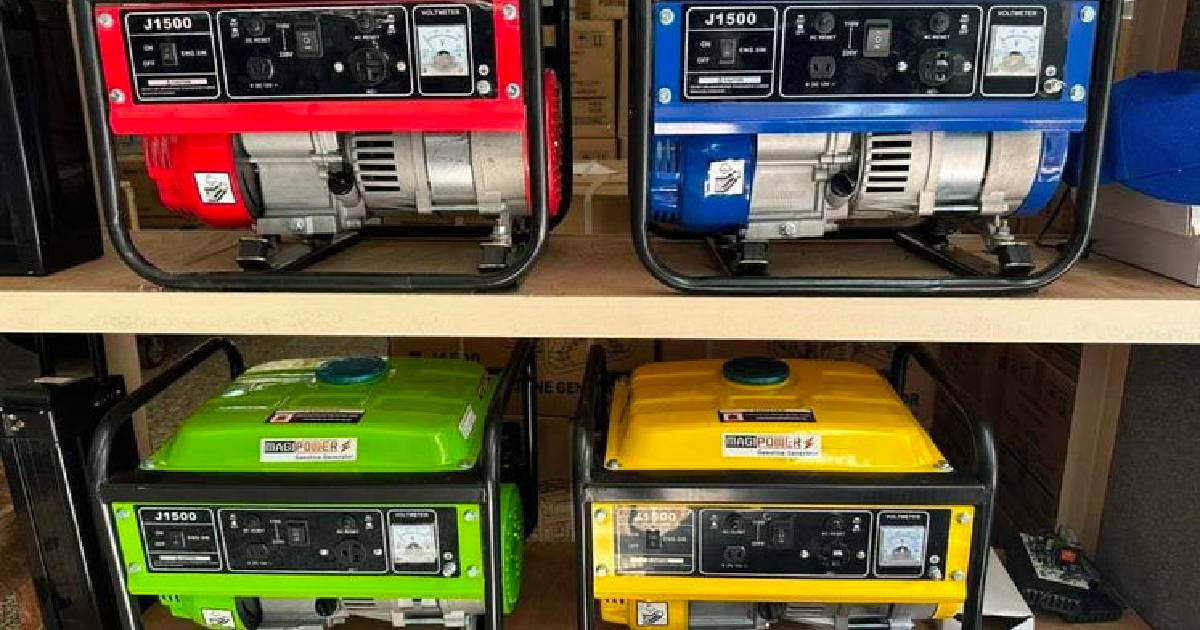Amid the severe energy crisis in Cuba, authorities in the province of Las Tunas have issued warnings about the dangers of improperly handling home generators. This comes after a tragic incident in the municipality of Amancio where a family succumbed to carbon monoxide poisoning.
The incident underscores the critical need for strict safety measures when using electric generators, particularly in residential areas, as reported by the state-run Periódico 26. The tragedy occurred on Monday in a home where the generator was located inside a room and had a gas leak. The victims included 30-year-old Enrique Hernández Zulueta and his two-year-old daughter, Vanesa Hernández Ortiz.
The child's mother, Denia Ortiz Rivera, 31, was found alive but suffering from shortness of breath and chest pain, according to the official report.
Increasing Use Amid Energy Crisis
The report highlights that the incident in Las Tunas is not isolated. However, it does not delve into how the consumption of these generators has surged on the island due to the ongoing energy crisis, which has left families enduring hours of daily power outages.
Globally, numerous deaths are reported annually related to the use of electric generators, primarily due to carbon monoxide (CO) inhalation, an odorless and colorless gas that can be fatal. For example, in the United States, approximately 70 people die each year from CO poisoning linked to generators. Recently in Houston, CO-related emergencies tripled following Hurricane Beryl.
The report reminds readers that generators should only be operated outdoors and at a safe distance from windows, doors, and vents to prevent CO from accumulating in living spaces. However, incidents continue to occur, often due to a lack of awareness or negligence in following these guidelines.
In addition to basic precautions, such as placing generators at least 6 meters away from homes and in well-ventilated areas, it is crucial to adhere to specific safety recommendations found in manufacturers' manuals. The report emphasizes that while some generator models have automatic sensors that shut down when high CO levels are detected, these devices are not always entirely reliable, especially if the generator is too close to the house.
Amid the island's energy crisis, the regime has extended the importation of non-commercial electric generators until September.
Understanding the Risks of Home Generators
In light of the recent tragedy in Las Tunas, it is crucial to understand the risks associated with home generators and how to mitigate them.
Why are home generators dangerous?
Home generators can emit carbon monoxide (CO), a toxic gas that is odorless and colorless. Improper use or placing generators indoors can lead to CO buildup, which can be fatal.
What safety measures should be taken when using generators?
Generators should only be operated outdoors, at least 6 meters away from homes, and in well-ventilated areas. Follow all safety guidelines in the manufacturer's manual and never place generators inside a home or garage.
Are there any safety features in modern generators?
Some modern generators come with automatic sensors that shut down the device when high levels of CO are detected. However, these sensors are not entirely foolproof, and proper placement and operation are crucial.
